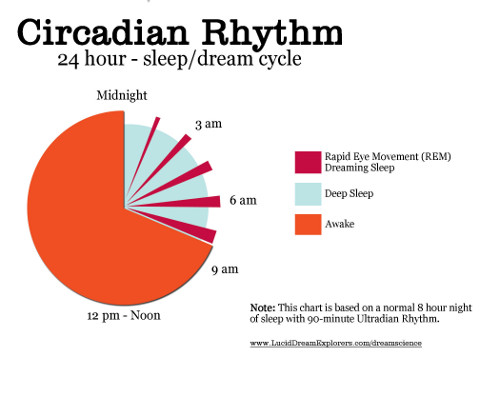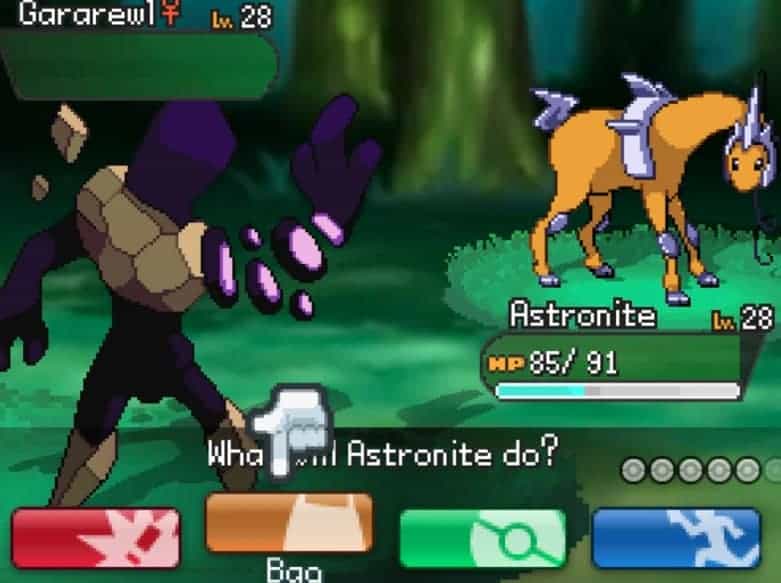What Happens During Dreams
- What Happens In Dream11 If It Rains
- What Happens In Dreams If Snake Comes
- What Happens During Dreams Lyrics
Wet dreams are more common during your teenage years because your body is going through some major hormonal changes that affect your sexual maturity. But adults can have erotic dreams, too.
During the most dream-filled phase of sleep, our muscles become paralyzed, preventing the body from acting out what's going on in the brain. Now, researchers have discovered the brain chemicals that keep the body still in sleep.

The findings could be helpful for treating sleep disorders, the scientists report Wednesday (July 18) in The Journal of Neuroscience.
- Normally, vivid dreams are nothing to worry about. Sometimes they may only affect you during a certain part of your life. But negative vivid dreams, especially if they last for weeks or months.
- A sequence of images, emotions, and thoughts passing through a sleeping person's mind. Dreams are notable for their hallucinatory imagery, discontinuities, and incongruities, and for the dreamer's delusional acceptance of the content and later difficulties remembering it.
The brain chemicals kick into action during rapid eye movement (REM) sleep, a phase that usually begins about 90 minutes into a night's rest. During REM, the brain is very active, and dreams are at their most intense. But the voluntary muscles of the body — arms, legs, fingers, anything that is under conscious control — are paralyzed.
This paralysis keeps people still even as their brains are acting out fantastical scenarios; it's also the reason people sometimes experience sleep paralysis, or the experience of waking up while the muscles are still frozen. This sensation has been the basis for myths such as the succubus and the incubus, demons said to pin people down in their sleep, usually to have sex with them. [Top 10 Spooky Sleep Disorders]
The chemistry of sleep
Exactly how the muscles are paralyzed has been a mystery, however. Early studies pegged a neurotransmitter called glycine as the culprit, but paralysis still occurred even when the receptors that read glycine's presence were blocked, disproving that notion.
So University of Toronto researchers Patricia Brooks and John Peever cast a wider net. They focused on two different nerve receptors in the voluntary muscles, one called metabotropic GABAB and one called ionotropic GABAA/glycine. The latter receptor responds to both glycine and a different communication chemical called gamma-aminobutyric acid, or GABA, while the first responds to GABA and not glycine.
The researchers used drugs to 'switch off' these receptors in rats and discovered that the only way to prevent sleep paralysis during REM was to shut both types off at the same time. What that means is that glycine alone isn't enough to paralyze the muscles. You need GABA, too.
What Happens In Dream11 If It Rains
Treating sleep disorders
Understanding this alphabet soup of neurotransmitters is important for people who have sleep disorders, especially an odd condition called REM behavior disorder. In this disorder, people don't become paralyzed during REM sleep. That means they act out their dreams, talking, thrashing and even punching or hitting in their sleep.
Currently, Clonazepam, an antipsychotic drug, is used to treat REM behavior disorder. The new study could point to new treatments for the problem, sleep researcher Dennis McGinty of the University of California, Los Angeles, who was not involved in the study, said in a statement. The researchers hope that the results could help explain the link between REM behavior disorder and more deadly conditions.
What Happens In Dreams If Snake Comes
'Understanding the precise mechanism behind these chemicals’ role in REM sleep disorder is particularly important because about 80 percent of people who have it eventually develop a neurodegenerative disease, such as Parkinson’s disease,' Peever said. 'REM sleep behavior disorder could be an early marker of these diseases, and curing it may help prevent or even stop their development.'
What Happens During Dreams Lyrics
Follow Stephanie Pappas on Twitter @sipappasor LiveScience @livescience. We're also on Facebook& Google+.
